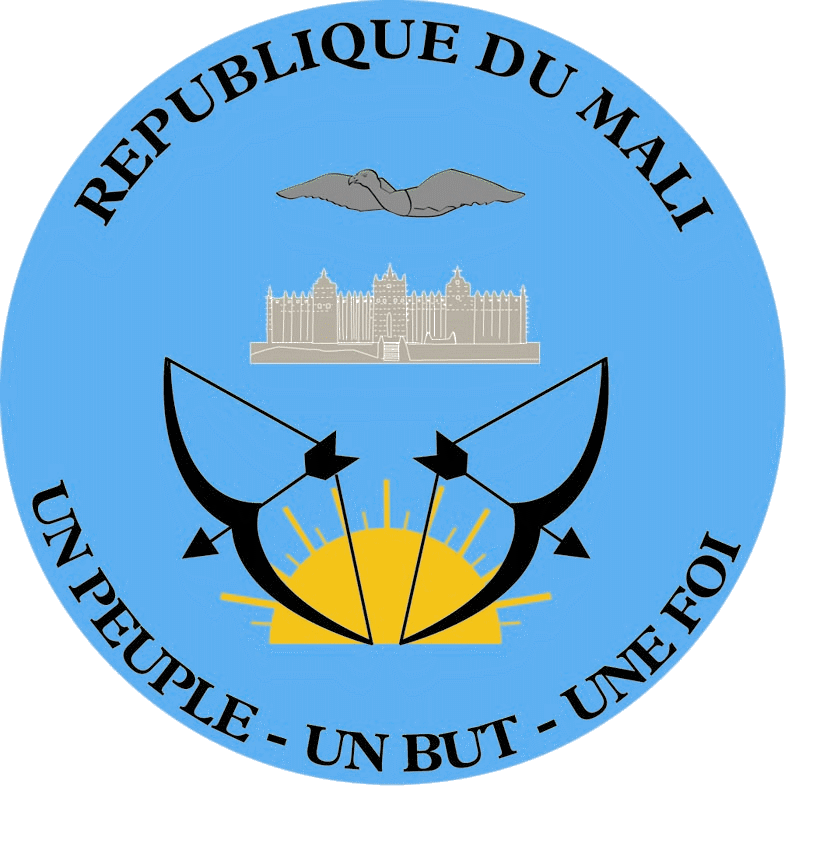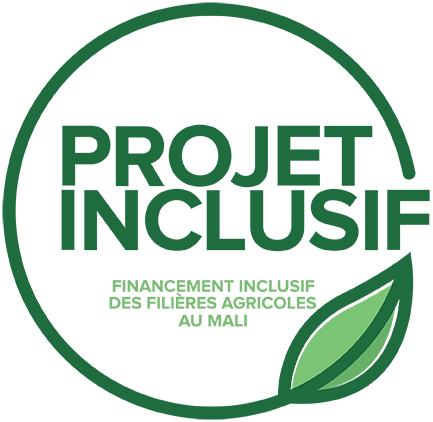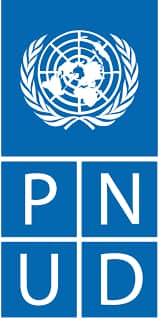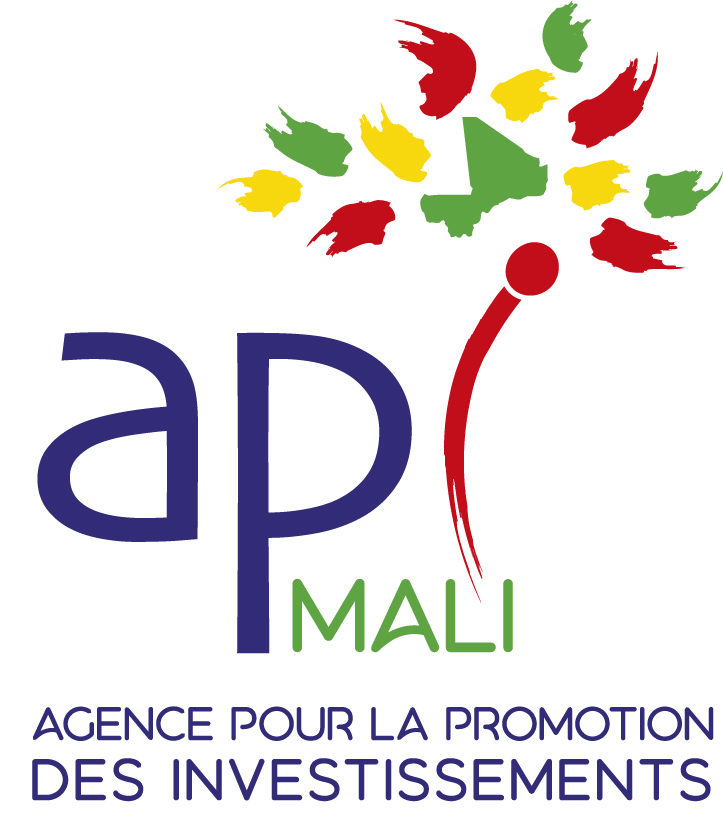
Sesame
Mali produced, in 2018, 2019 and 2020 respectively 29,017.8 tonnes, 52,609 tonnes and 45,217.01 tonnes of sesame. According to the 2015 Agricultural Market Observatory statistics, the volume of transactions to countries bordering Mali reached around 17,500 tonnes in sesame seeds and 200 tonnes in sesame oil.
In Mali, the sesame sector contributes to improving the incomes of many people, including women and youth, who make it their main agricultural activity. There are two sesame production systems in Mali: organic sesame and conventional sesame. The sesame sector employs more than 200,000 people. The cultivated areas in Mali are of the order of 50,000 hectares with an annual production potential estimated at over 100,000 tonnes.
The sesame sector has considerable export potential due to its ease of adaptation to difficult rainfall conditions and its increasingly attractive price on the international market.
There are three (3) varieties of sesame cultivated in Mali: variegated, white and brown sesame and black sesame. Black sesame has a good full-bodied and more intense taste, and is widely used in Asian cuisine, especially in Japan. In France, black sesame is used in pastry shops for its strong flavor and beautiful color in certain food products, namely desserts.
In Mali, the sesame sector contributes to improving the incomes of many people, including women and youth, who make it their main agricultural activity. There are two sesame production systems in Mali: organic sesame and conventional sesame. The sesame sector employs more than 200,000 people. The cultivated areas in Mali are of the order of 50,000 hectares with an annual production potential estimated at over 100,000 tonnes.
The sesame sector has considerable export potential due to its ease of adaptation to difficult rainfall conditions and its increasingly attractive price on the international market.
There are three (3) varieties of sesame cultivated in Mali: variegated, white and brown sesame and black sesame. Black sesame has a good full-bodied and more intense taste, and is widely used in Asian cuisine, especially in Japan. In France, black sesame is used in pastry shops for its strong flavor and beautiful color in certain food products, namely desserts.
Sesame sector support project and program
food and agriculture organizations of the United Nations in Mali (FAO-MALI)
Mali is rich in natural resources and the biophysical conditions are favorable for agriculture. The rural sector relies on traditional knowledge and know-how, a dynamic ecosystem of actors with more than 15,000 agricultural organizations, agro-industrial operators and business development service providers.
However, the agricultural sector suffers from: limited investments in upgrading the value chain to improve performance and competitiveness; high vulnerability to climatic hazards and environmental factors. Changes in rainfall and temperature have increased pressure on natural resources and have had negative effects on agricultural production and contributed to tensions and insecurity within and between communities. Climate change is proving to be an important factor in the dynamics of security in Mali and requires decisive and integrated action including the integration of gender and youth.
The Government of Mali promotes the development of Agropoles as modern farms for the production, processing and marketing of agricultural products. Main dans la Main (MdM) in Mali intends to work with the Government and its partners to support an integrated approach to the development of Agropoles, by strengthening their impact on poverty, sustainability and inclusion which contribute to the stabilization and development process. economic empowerment of Mali.
Hand in Hand support combines:
The Government of Mali promotes the development of Agropoles as modern farms for the production, processing and marketing of agricultural products. Main dans la Main (MdM) in Mali intends to work with the Government and its partners to support an integrated approach to the development of Agropoles, by strengthening their impact on poverty, sustainability and inclusion which contribute to the stabilization and development process. economic empowerment of Mali.
Hand in Hand support combines:
- the inclusion of women and young people in Agropoles, and the strengthening of their agro-entrepreneurship and equity to improve their competitiveness and marketing;
- strengthening the resilience of smallholders to climate change (in connection with the Great Green Wall for the Sahel initiative, PRP-AGIR) and facilitating agro-ecological transition (e.g. land restoration, management water);
- facilitation of the digitization process of selected value chains.
Presentation of FAO's Hand in Hand Project Representation in Mali

Platform of professional groups of sesame.

Reinforced Integrated Framework Mali (CIR-MALI)
Capacity building in the Sesame sector
Support from the DGCC: Implementation of the sector strategy for sesame:
- Establishment of a framework for consultation between the State, communities, sector actors and support structures;
- One hundred and twenty (120) actors of which 32 were trained in the different techniques of treatment, conditioning, transformation and conservation of raw, semi-finished and finished products in Fana
- Two (2) sketches produced and broadcast on improving the quality of sesame
- One hundred and ten (110) actors including 40 women (producers, processors and exporters) trained in two sessions: 220 actors including 80 women for 2 sessions on packaging issues for sesame products
- One hundred and twenty (120) actors including 35 women were trained in the various sesame quality modules.
- Establishment of the quality management system and support for HACCP certification (ISO 22000) for PROSEMA (sesame);
- Support for commercial events as part of the market development: SECO, FEBAK, SIAGRI, SIA de Paris, SIAL de Paris, etc;
- Search for funding
- Name: Mr. Dansinè COULIBALY
Occupied position : National Coordinator of the Reinforced Integrated Framework (CIR - MALI)
CIR-MALI website: https://www.cirmali.org/


Inclusive Project
The INCLUSIVE project, co-funded by IFAD and the Kingdom of Denmark, is scaling up Acquired from the IFAD-funded Rural Microfinance Program (PMR) and the Private Sector-Stimulated Economic Growth and Employment Promotion Program (PACEPEP) funded by Denmark. Its vision is to promote a sustainable transformation of agricultural sectors by improving financial inclusion and economic partnership between actors from poor groups, including women and young people, and their organizations, to small and medium-sized agricultural enterprises and agro-food.
Name: Dramane SIDIBE
Position Occupied: Director of the INCLUSIVE Project
Inclusive Project Website: http://inclusifmali.org/ < / div>
Position Occupied: Director of the INCLUSIVE Project
Inclusive Project Website: http://inclusifmali.org/ < / div>


African Women’s Entrepreneurship Program or African Women Entrepreneurs Program (AWEP)
Is an autonomous group of people willingly united to meet their common economic, social and cultural aspirations and needs , by means of a company whose ownership and management are collective and where power is exercised democratically and according to the cooperative principles governed by these statutes, based on the principles of union, solidarity and mutual assistance for good -economic and social being of its members; created in accordance with the relative uniform act of OHADA (the Organization for the Harmonization in Africa of Business Law) on cooperative societies adopted on December 15, 2010 in Lomé in the Republic of Togo.
The duration of the AWEP-MALI Center of the cooperative society with board of directors "C. AWEP-MALI-COOP-CA" is 99 years from its registration in the register of cooperative societies of the local social development service and the solidarity economy of the municipality II except extension or early dissolution.
The AWEP-MALI Center of the cooperative society with board of directors "C. AWEP-MALI-COOP-CA" aims to:
The duration of the AWEP-MALI Center of the cooperative society with board of directors "C. AWEP-MALI-COOP-CA" is 99 years from its registration in the register of cooperative societies of the local social development service and the solidarity economy of the municipality II except extension or early dissolution.
The AWEP-MALI Center of the cooperative society with board of directors "C. AWEP-MALI-COOP-CA" aims to:
- Promote income-generating activities (market gardening, processing of local products, fattening, cereal bank, etc.)
- Promote all socio-economic and cultural development actions of women;
- Develop solidarity between women;
- Defend the rights and interests of women with public authorities and institutions;
- Promote the import-export of women's products;
- Equip with agro-pastoral equipment and useful for women;
- Create the Center for socio-economic reintegration;
- Promote hygiene, sanitation and health activities;
- Seek funding for women's projects and businesses;
- Promote good governance;
- Promote employment;
- Marketing local processed products;
- Promote partnership;
- Participate in national and international fairs;
- Develop the cooperative spirit of members.


National Federation of Transformers of Agri-Food Products of Mali (FENATRA)
The National Federation of Transformers of Agri-Food Products of Mali (FENATRA) is an apolitical, non-denominational association and non-profit.
The Constitutive General Assembly of June 8 and 9, 2005, consecrates the creation of FENATRA.
It is officially recognized under the receipt N ° 0475 / G-DB of September 09, 2005.
It was born from the CILSS - CTA partnership, in order to ensure the continuity of the actions of the Relais National PROCELOS (Regional Project for the Promotion of Local Products of the Sahel).
FENATRA has around 5,000 members organized and grouped within 600 associations, cooperatives, GIEs, SARLs and Individual Enterprises.
FENATRA has relay structures in the district of Bamako, and the 08 Regions of Mali.
SECTORS CONCERNED
The following ongoing and future projects:
SECTORS CONCERNED
- the cereals and legumes sector
- the fruit and vegetable sector
- the oilseed sector
- the livestock, milk and meat sector
- the fishing and beekeeping products sector.
The following ongoing and future projects:
- Strengthening FENATRA structures at regional level
- The constitution of a database of operators in the agrifood sector
- The creation of a food packaging purchasing center
- The development, in relation to the structures
- specialized standards for local processed products
- The development of all types of partnerships.
















